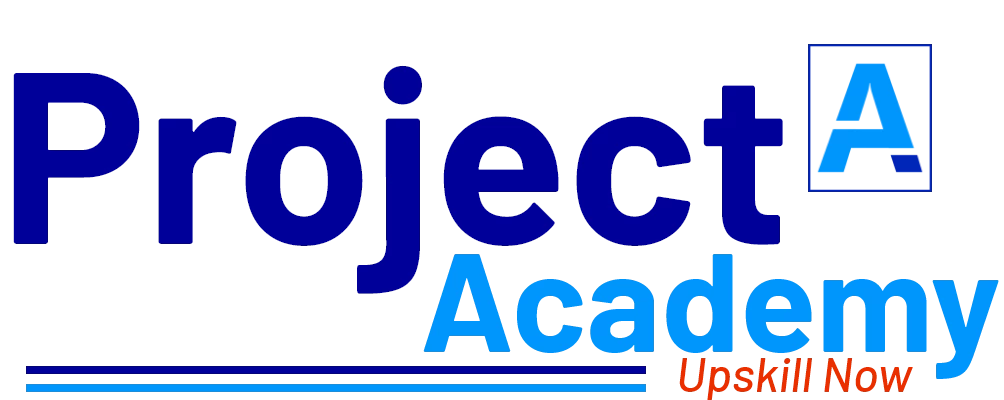admin
- Posted on
- No Comments
About: Visvesvaraya Technological University(VTU)
VTU, established in 1998, is one of India’s largest technological universities, known for excellence in engineering and technical education, research, and innovation. Its primary aim is to provide Indian industries with highly skilled technical professionals who possess the practical experience and sound theoretical knowledge.
The university boasts 182 affiliated colleges, one constituent college, and 25 autonomous colleges that offer undergraduate programs in 37 disciplines, postgraduate programs in 96 disciplines, and research programs such as Ph.D. and M.Sc(Engg.). With a faculty of 7, approx. 300,000+ engineering students study at the various institutes affiliated with the university. VTU offers a range of undergraduate (BE, Btech) and postgraduate (Mtech) programs. For more information, please visit the VTU website.
Overview of VTU- UG and PG (BE, Btech, Mtech) Final and Pre-final Year Projects:
Students who are undergoing the above programs have to complete their final or pre-final year or semester projects that are designed to provide students with hands-on experience and develop their technical skills. UG projects(BE/Btech) are typically shorter in duration and focus on foundational concepts, while PG projects are more advanced and require a higher level of expertise.
UG projects often involve solving real-world problems by applying theoretical concepts learned in the classroom. These projects can be individual or group-based and require students to research, design, implement, and test solutions. Some common UG project domains include software development, data analytics, robotics, and renewable energy.
PG projects, on the other hand, require students to apply advanced techniques and methodologies to solve complex problems. These projects often involve original research and may require collaboration with industry partners. PG projects can be individual or group-based, and can take several months or even years to complete. Some common PG project domains include machine learning, artificial intelligence, cybersecurity, Internet of things,web development and sustainable infrastructure.
In both UG and PG projects, students work closely with faculty advisors and industry experts to develop and implement their ideas. These projects provide students with valuable experience in project management, teamwork, communication, and problem-solving, which are essential skills for success in the job market. Additionally, many universities showcase these projects at industry events and conferences, providing students with opportunities to network with professionals and potential employers.
The objectives of doing university projects for students are to:
1) Develop practical skills: University projects provide an opportunity for students to apply the theoretical knowledge they have learned in the classroom to real-world problems. This helps students develop practical skills that are necessary for their future careers.
2) Enhance problem-solving abilities: Projects require students to identify and analyze problems, research possible solutions, and develop strategies to implement those solutions. This helps students develop critical thinking and problem-solving abilities.
3) Develop teamwork and collaboration: Projects often require students to work in teams, which helps them develop teamwork and collaboration skills. This is important as most jobs require employees to work effectively in teams.
4) Improve communication skills: Projects require students to communicate their ideas and findings effectively through written and oral presentations. This helps them develop strong communication skills, which are essential for success in any career.
5) Build a portfolio: Completed projects can be added to a student’s portfolio, which can be presented to potential employers as evidence of their skills and abilities. This can help students stand out in a competitive job market.
Overall, university projects provide students with a practical learning experience that helps them develop skills that are essential for their future careers.
VTU- Final Year Project Report Format Guidelines
The report format for technical university projects may vary depending on the specific requirements of the course or department. However, a typical report format for technical university projects may include the following sections:
1) Title page: This should include the title of the project, the name(s) of the author(s), the name of the institution, and the date.
2) Abstract: This is a brief summary of the project that provides an overview of the problem, the methodology, the results, and the conclusions.
3) Introduction: This section should provide background information on the problem being addressed and explain the significance of the project.
4) Literature review: This section should summarize previous research on the problem and discuss how the current project builds upon existing knowledge.
5) Methodology: This section should describe the methods and techniques used to collect and analyze data.
6) Results: This section should present the findings of the project, including any tables, graphs, or charts that help illustrate the results.
7) Discussion: This section should interpret the results and explain how they relate to the problem being addressed.
8) Conclusion: This section should summarize the main findings of the project and highlight the implications for future research.
9) References: This section should list all the sources cited in the report.
10) Appendices: This section can include any additional information that is relevant to the project but not included in the main report.
It is important to check with the department or course instructor for any specific requirements or guidelines regarding the report format.
Download VTU Final Year Project Report PDF
Top VTU Final Year Projects List
Top trending projects to succeed in the job market and crack the high-paying jobs in the industry for VTU students:
Here are some top trending projects that can help students of branches -CSE,ISE,ECE,Artificial intelligence,IOT,Data science succeed in the job market and increase their chances of landing high-paying jobs in the industry:
1) Artificial Intelligence (AI) and Machine Learning (ML) projects:
Projects in AI and ML are in high demand in industries such as healthcare, finance, and retail. These projects involve developing algorithms and models that can analyze large datasets and make predictions or decisions based on that data.
2) Internet of Things (IoT) projects:
IoT projects involve connecting devices to the internet to collect and analyze data. These projects are popular in industries such as manufacturing, transportation, and agriculture.
3) Blockchain projects
Blockchain technology is being adopted in various industries, including finance, healthcare, and logistics. Projects in this domain involve developing decentralized applications (dApps) and smart contracts using blockchain technology.
4) Cybersecurity projects
With the increasing threat of cyber attacks, cybersecurity has become a critical area of focus for many organizations. Projects in this domain involve developing security solutions to protect data and networks from cyber attacks.
5) Renewable energy projects:
Renewable energy is becoming increasingly important as the world moves towards more sustainable sources of energy. Projects in this domain involve developing renewable energy systems such as solar, wind, or hydroelectric power systems.
6) VLSI projects:
VLSI (Very Large-Scale Integration) projects Involve designing and developing integrated circuits (ICs) that contain millions of transistors. These projects are in high demand in industries such as semiconductor manufacturing, consumer electronics, and telecommunications.
7) Embedded systems projects:
Embedded systems are computer systems that are integrated into other devices or products. Projects in this domain involve developing software and hardware for embedded systems used in industries such as automotive, aerospace, and medical devices.
WHY? Project Academy.
Our unique methodology “learn by practice” concept is that it provides students and job aspirants with hands-on, real-world experience that allows them to apply their knowledge and skills in a meaningful way
- Top class real-world, hands-on experience in engineering and technology-related disciplines
- To think critically and solve problems in real-world contexts.
- To work in teams, which develops collaboration, communication, and teamwork skills
- End to end project development and implementation
- Real industry grade projects by industry experts
- Launch your career with 90% success rate
Project guidance and mentoring at Project academy Bangalore, Vijayanagar:
Project Academy, an innovative ed-tech start-up, empowers the next generation of engineers through hands-on project training, delivering a real-world experience to students and job aspirants to excel in their careers. Our unique Project-Based Learning approach and flexible learning options set us apart in the market.





